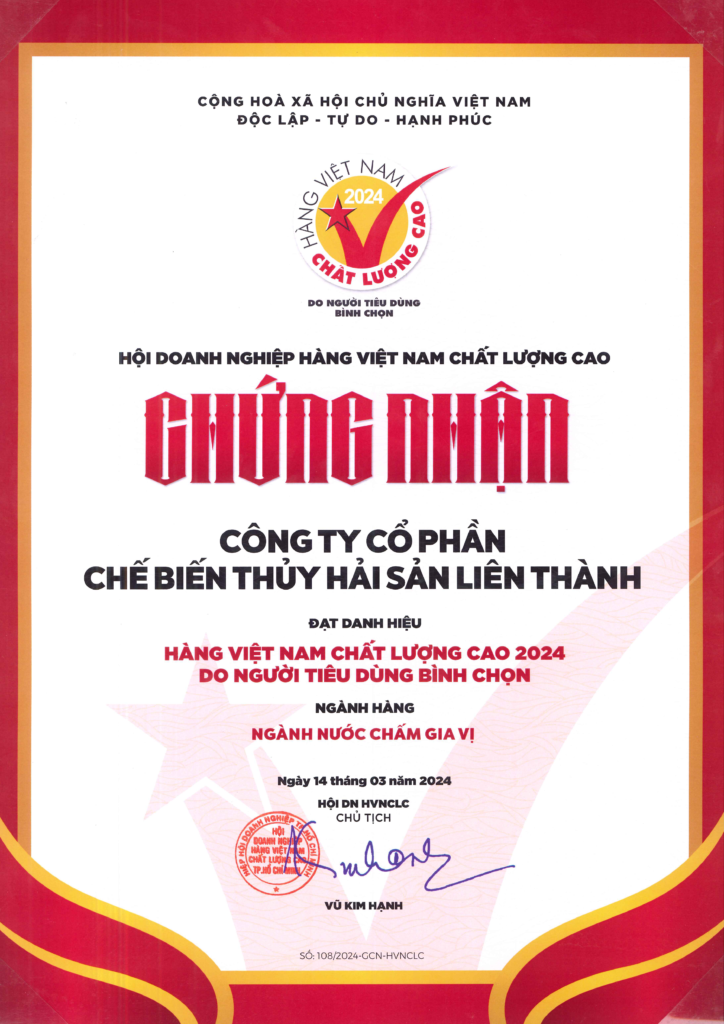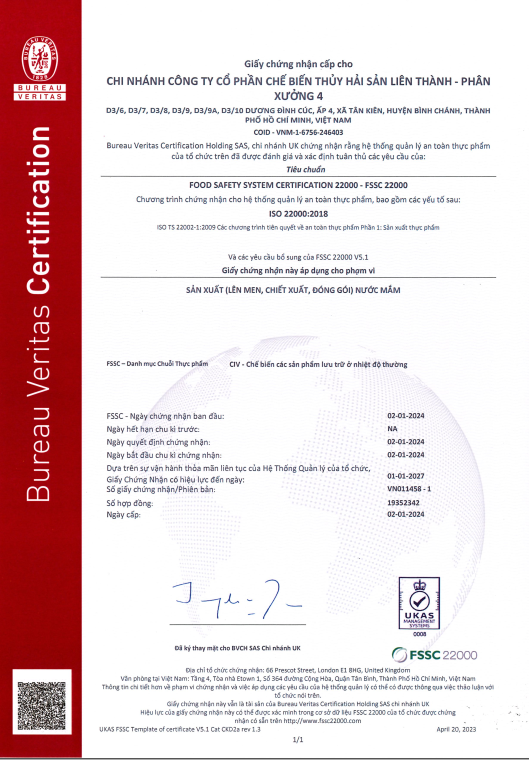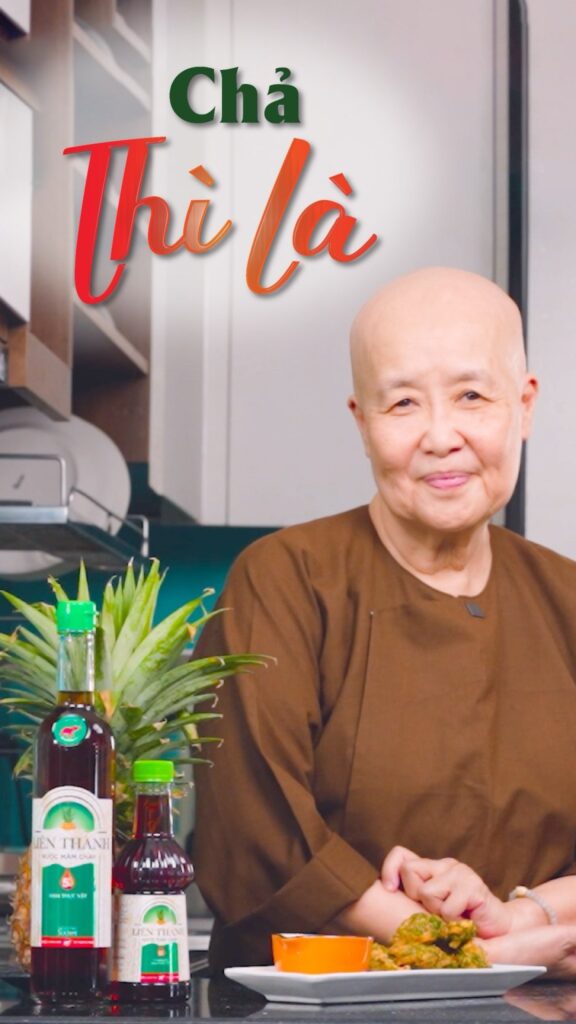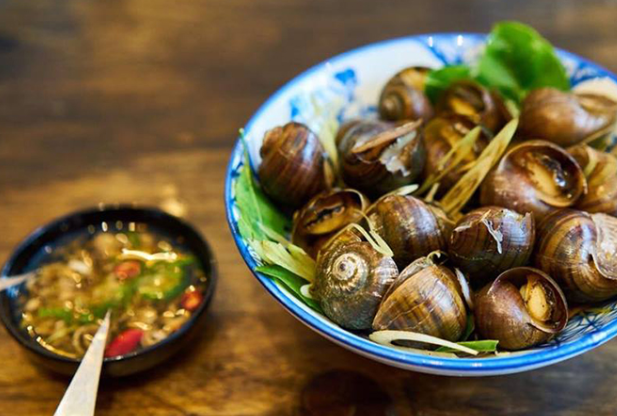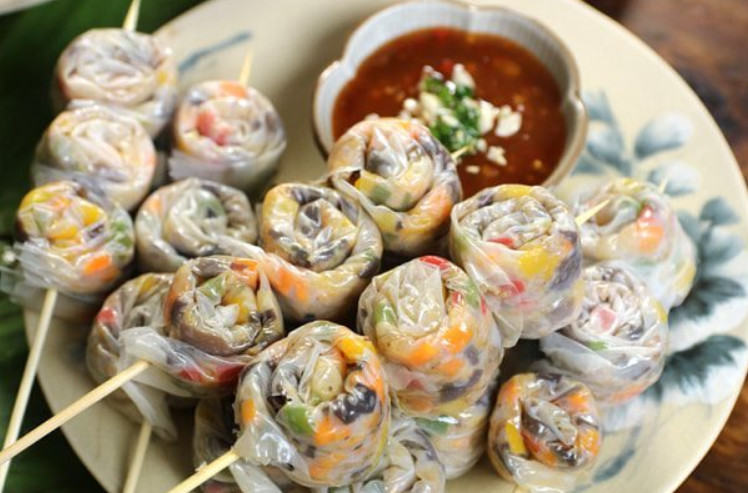
What makes the difference between Vietnamese cuisine and the rest of the world? That is fish sauce, even though Vietnam is not the only place that “eats” fish sauce, much less was it the birthplace of this “divine dipping sauce”.
A-thousand-year specialty
Historical data and archaeological evidence published by European historians show that fish sauce originated in Carthage, an ancient republic in North Africa, now part of Tunisia. Since the second century BC, the inhabitants of Carthage invented the technique of marinating sea fish with salt, combined with the heat of the Mediterranean sun to create the Carthaginian fish sauce, not only for consumption but also to sell to neighboring countries on the other side of the Mediterranean.
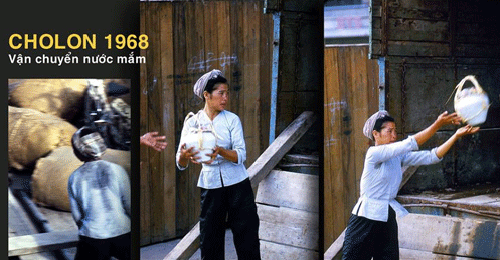
In 146 BC, the Romans annexed Carthage and appropriated the Carthaginians’ secret to making fish sauce. From North Africa, the industry of making fish sauce was introduced to Rome, then spread to the countries of Cartagena and Baelo Claudia (now in Spain) and Bretagne (now in France), called by ancient Europeans by one name. the common name is garum. Fish sauce production was introduced to Rome from North Africa and later spread to other countries like Cartagena and Baelo Claudia, which are now in Spain, as well as Bretagne, which is now in France. It was known by the ancient Europeans by the name garum. Traces of garum in European cuisine exist in ancient Roman history and in high-necked ceramic vases called amphora, once used to hold garum, now on display in the Pompei Museum (Italy) and ruin of archaeological sites in the French region of Brittany.
In the 5th century AD, from Europe, garum and the technique of making this juice followed the “sea silk road” to penetrate Asia, becoming yulu (魚露) of the Chinese. , ishiri (fish sauce made from squid) and ishiru (fish sauce made from fish) of the Japanese, nam pla of the Thai, kecap ikan of the Indonesians, patis of the Philippines, or nuoc mam of the Vietnamese…
For nearly 1,000 years, from the 5th to the 14th century, fish sauce was widely used in Chinese and Japanese cuisine until the Chinese found a way to ferment soybeans to make soy sauce and use this liquid as a seasoning instead of fish sauce, then fish sauce was gradually forgotten and left the cuisine of both China and Japan.
No historical sources are recording the time and place of birth of fish sauce in Vietnam, except for some oral documents. However, archaeological findings and some related historical documents have contributed to confirming this. Accordingly, the Champa kingdom in the South Central region of Vietnam today was once a “sea power”. Cham merchant ships once crossed the sea to trade with Arab countries and reach the Mediterranean. Archaeologists at the Center for Southeast Asian and Pacific Studies of the University of Sydney (Australia) found a shipwreck carrying wooden barrels containing fish sauce on a Champa merchant ship to trade with ancient Rome. era (around the fourth century AD).
The first Vietnamese history book to mention fish sauce was “Dai Viet Su Ky Toan Thu”. It was an engraving printed in the 18th year of Chinh Hoa (1697). The book talks about an incident that happened in China in the year 997. King Song of the Song Dynasty issued a royal decree to King Le Dai Hanh of Dai Viet, abolishing the order which required Dai Viet to pay tribute to the fish sauce that the Chinese court had previously placed. Thus, by the 10th century at the latest, Vietnamese people knew how to make and use fish sauce.
As a spice, as for main dishes
So Vietnamese fish sauce has a long history, at least more than 1,000 years old. And, even though fish sauce was invented in Africa, adopted by Europeans and then spread to Asia; Even though the Chinese and Japanese knew and used fish sauce 500 years before the Vietnamese; Even though Koreans, Thais, and Filipinos still use fish sauce in their cuisine today. Still, fish sauce is the quintessence of Vietnamese cuisine, the criterion to identify Vietnamese cuisine. Why?
First of all, because of the way Vietnamese people use fish sauce in their cuisine. If people from other countries consider fish sauce as just a solvent to preserve food like Koreans use fish sauce in preparing kimchi, or consider fish sauce as a seasoning to make dishes more delicious like Thai people use fish sauce in salads, etc. fish sauce is both an ingredient, a spice, a main dish, and a medicinal herb in Vietnamese cuisine.
It is an ingredient because almost all Vietnamese dishes must use fish sauce, especially boiled dishes and salads. Without fish sauce processed into dipping sauce, these dishes will fail, because they cannot become a dish themselves but must depend on fish sauce and dipping sauces that use fish sauce ( or soy sauce) for processing.
It is a seasoning because, in addition to vegetarian food, almost every Vietnamese dish uses fish sauce to season to add flavor, taste, and texture, making the dish more delicious and richer. The seasoning used by the Vietnamese people with fish sauce is rich, delicate and wonderful. Some dishes require marination in fish sauce before cooking to reach their full potential, such as braised dishes. Other dishes only need to be seasoned and cooked with fish sauce to bring out the flavor, like stir-fried dishes. Some dishes are cooked and then seasoned with a little fish sauce to enhance the taste, like soup. Meanwhile, there are dishes that can be eaten and seasoned according to individual preferences, such as porridge.
It is a main dish because fish sauce is a dish itself. Just by adding a little fish sauce to white rice or fresh rice noodles, Vietnamese people consider it a complete meal. If you have some lemon, chili, garlic, and sugar added to the bowl of pure fish sauce; Or simmering fish sauce with country spices over a slow fire to become a braised dish of the Southern people, that simple fish sauce dish has been made into a delicious dish, especially for hard-working people.
As a useful medicinal herb, fish sauce provides high protein for people. It is protein from fish, which is inherently benign, better, and safer for human health than protein from animal meat. For coastal people, fish sauce is a nutrient that nourishes health and increases vitality. Therefore, before diving into the deep sea to catch seafood, they often drink or take a sip of fish sauce to prevent cold and resist the force of seawater. Fish sauce has such magical uses.
Second, fish sauce is the soul of Vietnamese cuisine, what makes Vietnamese cuisine different from the cuisine of other countries. Some people even think that fish sauce is the thing that can transform other country’s dishes into Vietnamese dishes. A culinary expert once said that any Chinese or French dish that contains fish sauce automatically becomes a Vietnamese dish. This is why the value of fish sauce is considered unique in culinary arts, and is a testament to the strong vitality of Vietnamese culture as a whole.
Finally, fish sauce symbolizes solidarity and sharing in Vietnamese meals. There, the bowl of fish sauce is placed in the middle of the rice tray. Although it is small, it is not a delicacy, but it is a dish that everyone looks forward to using, and uses in moderation without any intention of keeping it for themselves or overdipping it like other dishes. It can be said that at a Vietnamese meal, everyone is democratic and equal before a bowl of fish sauce. Is there any dish that carries such great human values?

